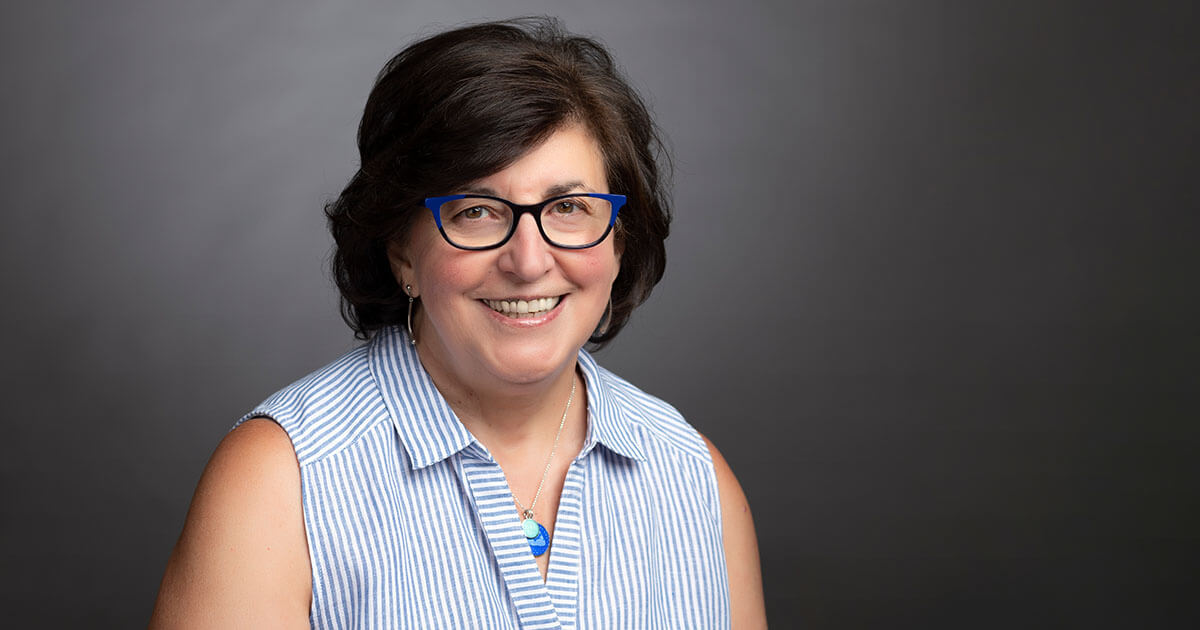
The importance of special education law to the evolution of the field
July 05, 2020

July 05, 2020

It took quite a while and many, many battles before they were actually allowed into the public school; and it wasn't a battle that was made up of just attorneys. It was parents, friends and advocates who got together and really pressed for equal rights for children that are a little bit different.
One of the seminal cases that always surprises people is Brown v. the Board of Education, which was a very important, high-profile “separate is not equal” case concerning racial education.
The case was brought before the Supreme Court because there were two totally different types of education. One was for white children and the other was for children of color.
The logic was, “That's fine. They're both getting to go to school.” Well the Supreme Court didn't agree. They said that separate is not equal, and that it was not legal to separate children in education based on a characteristic that can't be changed.
The reason I’m saying this is not to give you a big law course right now, but that was key language.
What happened was, people who were interested in getting children with special needs into school used that language to say, “Well it seems to us that under the Equal Protection Clause of the Constitution, our children belong in school too then, because they can't change what they are.”
If you have a disability, you can't change that, and you shouldn't be segregated based on the fact that you have something that can't be changed.
Those are the kinds of things that pop up [when learning about special education], and then they lead to rich discussions. We use discussion boards and some other tools to talk those things over in our courses.
Most people are surprised to find out that Brown had such a big effect on students with special needs.
We teach the evolution of special education because when they first let kids into school, they didn't let them into everyone's class. They separated them. Sometimes they built a separate school for them. There's all kinds of richness that comes out of the law.
I always say what I love about the law, and why I am passionate about it, is that once you understand the law, you know how everything works. That's really important for our teachers because there are differences in the way the law is applied to children with special needs as far as behaviors goes.
They're in public school, they have the right to a free and appropriate public education so they can't be denied that; and they have the right to be in the least restrictive environment for them.
So special education gives you the chance. The law says you can't discriminate against them; you have to let them have a free and appropriate education, and you have to be able to look at them, see what their needs are, and say, “Okay how shall we design this?”
You meet as a team, “How should we design this curriculum for this child?” They actually have their own personalized curriculum, and that's called an individual education plan, so we learn about that.
We learn about people who don't need that many differences in their education, but they fall into a section of the law called the 504 Plan, and that is kind of the big safety net.
So when you graduate from school at age 21, you age out of the IDEA portion of the federal law, and fall into Section 504, which means that an employer can't refuse to hire you because you have some sort of a disability.
As long as that's appropriate for you to have the job. So we can't keep individuals who are blind, for instance, from going to law school and then practicing law. We have to make some accommodations and modifications to be able to let that person still be able to do what they want to do.
We also try to give strategies for, “Well, ok, everyone doesn't learn the same way,” and I know there are people that would argue with me about that.
If you even think about yourself – I'm more of a visual learner than I am an auditory learner, so if I have to listen to someone lecture for hours, I'm lost. I just turn off after a while, and so do so many students.
So we give you strategies that you can take into your classroom. We teach you that even if somebody can't speak, behavior is a communication. So we teach you all those things.
We teach you how you can use those things to help the person move to the next part of their life and have a productive life where they are contributing to society.
There is no need for them to be, as they were many years ago, locked away in a facility.
So our special ed law course is something I love to highlight. It isn't part of every program.
Most teachers that take this, and our other students even say, “Wow. Why did we wait so long to have a special education law course?” It's a really interesting, fun and exciting.
If you would like to explore special education law in more detail to better serve each of your students and their unique abilities, learn more about our MS in Special Education program.
Offered entirely online and designed for working professionals, this program will provide you with the actionable skills that you need to ensure that each and every student is put in the best position to succeed.
Quinnipiac Today is your source for what's happening throughout #BobcatNation. Sign up for our weekly email newsletter to be among the first to know about news, events and members of our Bobcat family who are making a positive difference in our world.
Sign Up Now